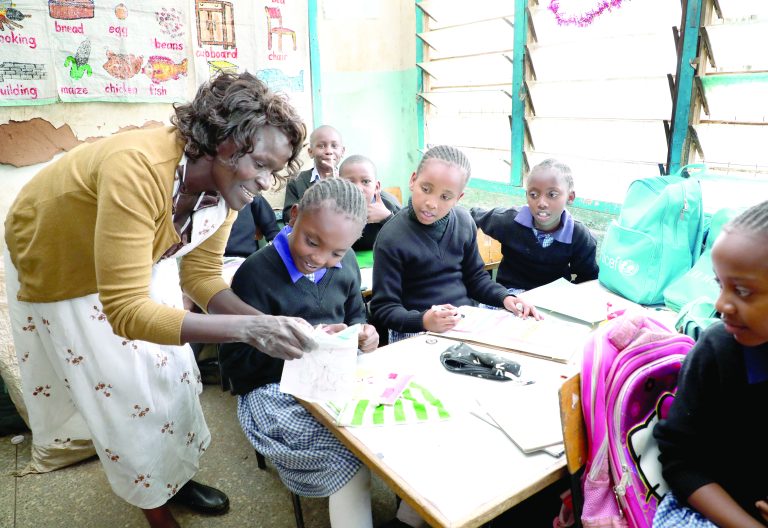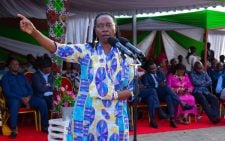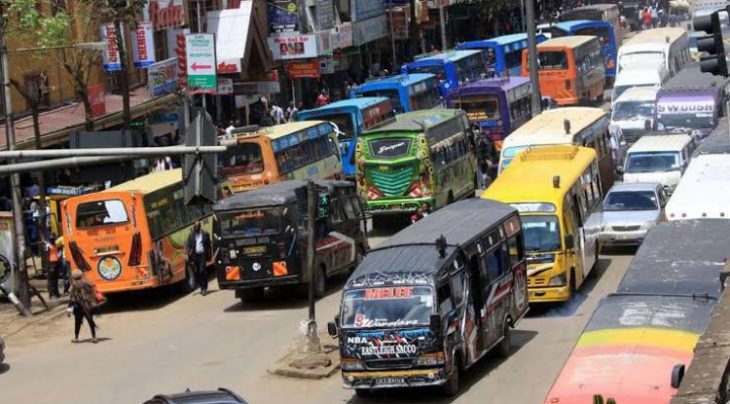More change as State now reviews grading of learners

In yet another raft of changes after the Ministry of Education changed Competency-Based Curriculum (CBC) to Competency-Based Education (CBE) last week, the assessment of learners’ performance has also been reviewed from the current four to eight levels.
The changes could see schools revert to ranking of students in examinations performance.
Previously, learners were assessed in four levels, including Exceeding Expectation (EE), which was the highest level, Meeting Expectation (ME), Approaching Expectation (AE) and Below Expectation (BE), the lowest assessment level.
After the review, the ministry has divided each level into two, where exceeding expectation now becomes EE1 and EE2.
To attain an EE1, which has now become the highest level, a student must score between 90 and 99 marks in the subject, which will be awarded 4.0 points.
The next level under exceeding expectation is EE2, where a student must score between 75-89 marks in an exam, which will be awarded 3.5 points.
In the meeting expectation level assessed as ME1 and ME2, a student who scores between 58-74 marks in a subject will be in ME1 with 3.0 points, while in the lower level, a learner who scores between 41-57 marks in a subject will be in ME2 with 2.5 points.
The third category is approaching expectation and assessed as AE1 and AE2, a score of between 31 and 40 marks in a subject will be in AE1 with 2.0 points, while in the lower level, a score of between 21-30 marks will be awarded an AE2 of 1.5 points.
Retracing steps
For the lowest category, which is below expectation, also assessed as BE1 and BE2, a score between 11-20 marks in a subject will be in BE1 level and awarded 1.0 points, while any score between 1 and 10 marks in a subject will be in BE2 with 0.5 points. BE2 will now be the poorest level in a subject which is being assessed in an exam.
In the new arrangement, the ministry will now be in charge of implementing the CBE, Kenya Institute of Curriculum Development (KICD) will deal with matters affecting CBC, Kenya National Examination Council (KNEC) will handle Competency Based Assessment (CBA) while the teachers’ employer Teachers Service Commission (TSC) will deal with lesson learning outcomes (LLO) which will also comprise of learning plans.
This new grading system could see schools reverting to ranking students after sitting for examinations due to the emphasis placed on marks and corresponding points.
After rolling out CBC, the Ministry of Education abolished the ranking of students to curb examination malpractice and unhealthy competition among schools and students.
It was linked to cheating in national exams as schools and teachers came under immense pressure to perform well and score high marks.
Additionally, ranking had hatched the culture of neck-and-neck competition among schools, shifting the focus to educational performance rather than skills development among learners.
In flux
Even as the ministry rushed to implement the changes however, stakeholders have raised concerns that curriculum reviews are being undertaken too often without enough preparation for teachers, adding that constant updates to learning areas and teaching materials have left teachers unsure of what to follow.
In a report dubbed The Recent Final County Dialogue Report, the stakeholders said that there was also concern that learners are being asked to choose subjects and career paths too early, especially at the Senior School level.
“Parents and teachers suggested that the curriculum allows learners to try different subjects before choosing their path. Some subjects, like Indigenous Languages, are not being taught or assessed, even though they are officially part of the curriculum. Without assessments, schools tend to ignore these subjects, and materials like course books are often missing,” the report said.
Emphasising that the curriculum should be more practical, they stressed that some of the content feels too difficult or out of touch with learners’ daily lives. They suggested that CBE must reflect the local environment and culture.
Though the government allayed fears over the provision of learning material as learners resumed school for the second term yesterday, the report said many schools across the country are still grappling with inadequate textbooks and other learning materials.
Grades 1 to 6 and Special Needs Education (SNE) learners were the most affected, as the majority of their books were worn out.
Private schools decried discrimination in the distribution of books as the government focuses on providing to public schools. They proposed that they be allowed to buy books supplied by the government to public schools at a subsidised price.













